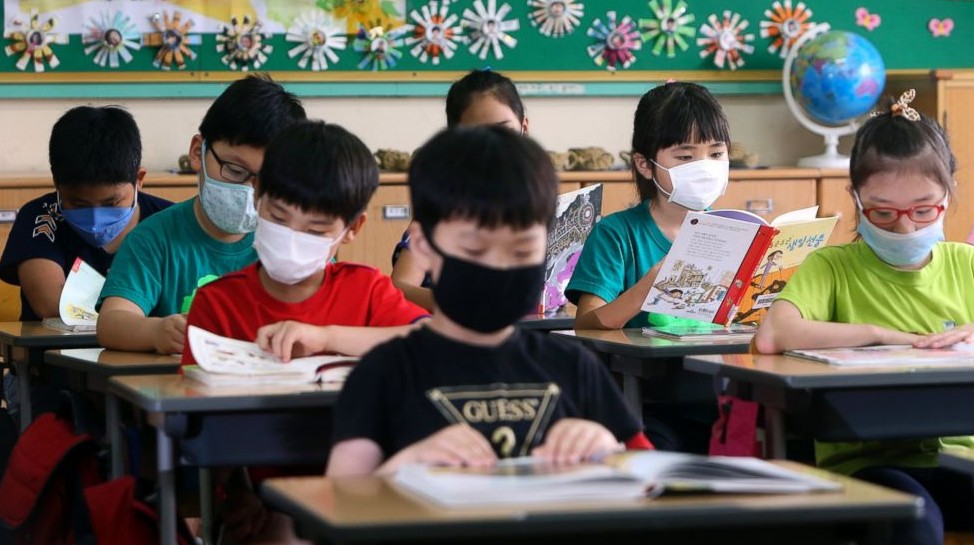Over the course of the last month, 122 South Koreans have contracted Middle Eastern respiratory syndrome, or MERS, in what is proving to be the latest stress test for a public health system in a developed country. After a tepid initial response in the first days of the epidemic, the government has (by some accounts) overcorrected, placing 3,000 people in quarantine and closing more than 2,400 schools against WHO recommendations.
This outbreak, already nearly under control by South Korean health officials, will end in a few weeks, but its symptoms will persist and haunt South Korean society. From a public health perspective, MERS has illuminated serious flaws with the South Korean hospital system. More grievously, the government’s response to the disease has inflamed the already frayed relationship between President Park Geun-Hye and her constituency.
MERS, a variety of coronavirus that has jumped to humans from camels in Saudi Arabia, is a cousin to South Asian respiratory syndrome, or SARS, which infected thousands of people in South Asia in 2003. South Korea only saw three of those cases; proactive government actions and vigilant health professionals prevented further infections.
The response by the government and health system to MERS has been significantly less effective. This is telling. MERS is a disease of opportunity: in healthy people, it can be less severe than the common flu, but for those with risk factors (the elderly or the obese, for example) it can be significantly more deadly. People susceptible to MERS are much more likely to be in hospitals, so MERS acts as a scorecard for the South Korean health system’s standing infection control abilities. Its early rampancy in hospitals is a warning sign that the status quo is not enough to stand up to more resilient and deadly infections.
Eight have died from the MERS outbreak. Analysts and pundits in South Korea are firmly pinning these deaths on President Park’s weak actions in the first days of the MERS outbreak, drawing comparisons to the regime’s lackluster handling of the sinking of the MV Sewol last year. The government has continuously mishandled communications, at times encouraging the fear and panic that has so crippled South Korean society in the last two weeks. The MERS epidemic is likely to end in a few weeks at most; the aggressive quarantines and heightened infection control measures in hospitals should stem the tide of new cases. But South Korea’s brief experience with MERS reaffirms its need to develop and follow a decisive plan to address novel coronaviruses like MERS and SARS and illuminates the Park administration’s continued failure to take decisive action and effectively communicate with the people of South Korea.

